In March 1915 the 27th Earl of Crawford and Balcarres, with an already distinguished political career behind him, took the unorthodox step of enlisting, aged 43, as a private in the Royal Army Medical Corps. In 1916 he returned to England from France to take up important government duties, but for 14 months he had been a medical orderly on the Western Front, the only cabinet minister to serve in the ranks in the first world war. He was based at the casualty clearing station at Hazebrouck, close to the principal areas of British military activity in 1915. He kept a diary throughout this time — now admirably edited by his cousin Christopher Arnander — giving a unique close-up view of the great war though the eyes of a shrewd participant.
The popular image of nursing volunteers as enchanting angels of mercy gets a battering. Crawford found them competent but bossy and inconsiderate: ‘They ate chocolate all over the operating table and dropped cherry stones on the floor. I always thought it was an unpardonable offence to bring food into a theatre.’ Worse still was their use of precious supplies of milk to wash the leaves of hospital plants.
Most interesting are Crawford’s observations about the new officers in the British army who had enlisted in the first months of the war and nearly all of whom would have been from public schools. His observations cast doubt on the much vaunted claims by the public schools to have taught their pupils lessons of unselfishness, dedication and decent behaviour: some may have benefited, many, clearly did not. As Crawford writes:
How disagreeable some officers are. They talk chiefly about their billets and personal grievances. One never hears a word about the men of the army.… The officer of old standing is much more modest in his manner.
Few of those whom Crawford encountered could speak a word of elementary French and, as soldiers, most seemed amateurs compared with the wounded enemy officer prisoners who passed through the hospital.
After several months, Crawford observed:
This war is going to be won by the NCOs and men, not by the commissioned ranks. Eighteen months will develop a good soldier, a very passable NCO. But the period is too short to instil even the elements of leadership and control into the ordinary middle-class fellows who hold the commissions. And moreover I come across hundreds who have neither the character nor the decision to be competent officers even if they had 20 years training— the flabby, easy-going temperament of young men brought up in affluence, with never a struggle or effort to their credit — men for whom everything has been done in the past, and consequently find themselves helpless to act in the modern conditions of war. It is all too pitiful, too tragic.
Crawford concluded:
The average soldier comes from a different stock and even if his experience of strife has hitherto been limited to industrial troubles, he knows from the struggle for his livelihood what sustained and self-devoting effort really is.
The views of Anthony Seldon and David Walsh, authors of The Public Schools and the Great War, are altogether less critical on the subject. With a long background of public-school teaching, their message is that the pre-first world war British public-school education gave its pupils essential qualities of courage, loyalty and self-sacrifice; but since then this influence has been eroded, authority is no longer respected today, and the generation that grew up before and during the great war with those virtues is truly ‘lost’; it has ceased to exist. Should we not regret that loss, they ask, and was not the public schools’ part in the great war, involving great courage, something to celebrate today?
On page after page the authors list instances of public-school men’s outstanding service and contributions to their country’s 1918 victory. Their failures get scant attention, though on the whole the authors are even-handed. They do not take sides over whether Britain was right to come into the war. On the military leadership they reject the ‘lions led by donkeys’ view. In this they are saying nothing new, for this is supported by respectable military research today.
Their cause is a worthy one. Even so, reading their fact-packed volume, I could not help feeling they were protesting too much. They brought back to me a childhood memory — Frank Shelley’s 1947 Oxford Playhouse Christmas panto The Cinderella Story, with memorable performances by John Moffatt and Tony Hancock as the ugly sisters, and dear old Raymond Somerville, stalwart of the company, as the girls’ father, Baron Stoneybroke, singing (and we all joined in the chorus):
Send your boy to Winchester or Eton or to
Harrow
As long as you send your boy to a public
school!
Whether he pushes a pen or pushes himself
or pushes a barrow,
You can always tell if he’s been to a public
school!
The authors are too uncritical, finally, of the sanctified and romanticised picture of war in which a large number of public-school teachers apparently believed and inflicted on their pupils — although the death rate among the teacher volunteers themselves was, to be fair, very high.
Got something to add? Join the discussion and comment below.
Get 10 issues for just $10
Subscribe to The Spectator Australia today for the next 10 magazine issues, plus full online access, for just $10.
Available from the Spectator Bookshop, £17.99/£22.50. Tel: 08430 600033
You might disagree with half of it, but you’ll enjoy reading all of it. Try your first month for free, then just $2 a week for the remainder of your first year.

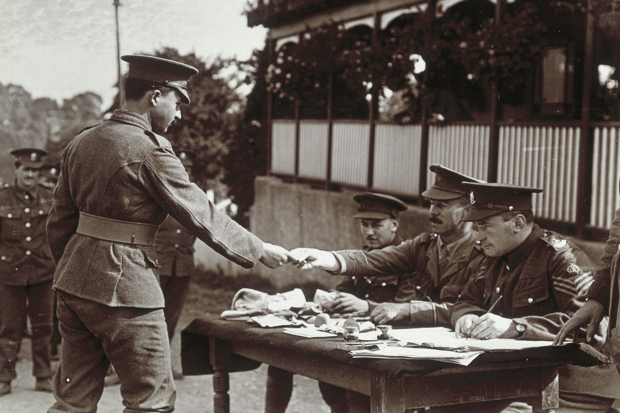
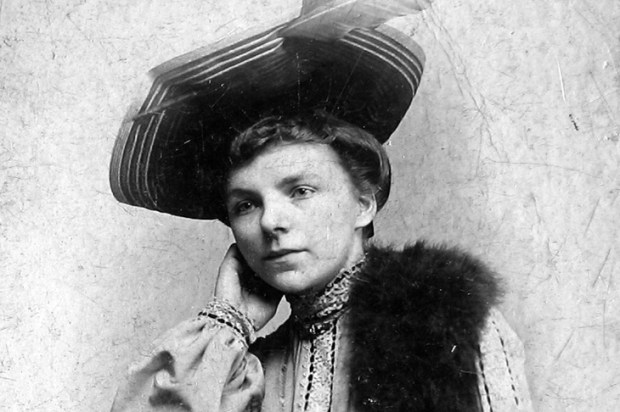

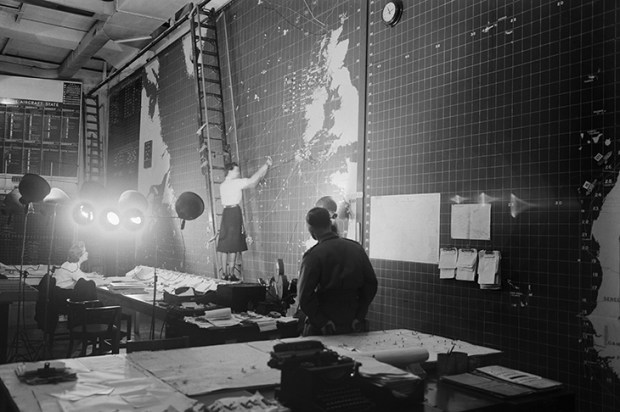
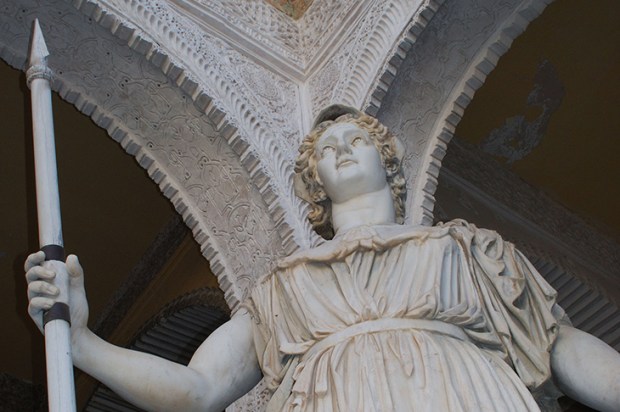
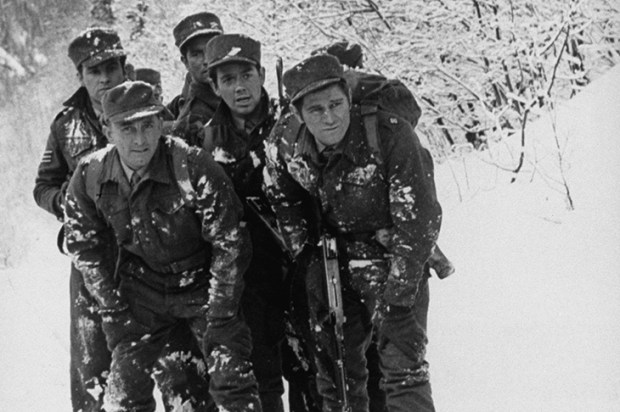
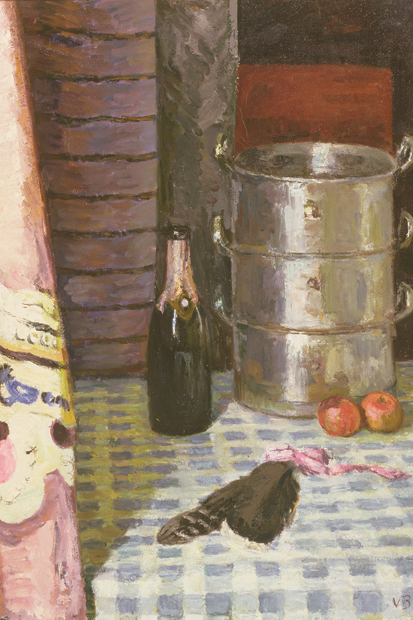






Comments
Don't miss out
Join the conversation with other Spectator Australia readers. Subscribe to leave a comment.
SUBSCRIBEAlready a subscriber? Log in